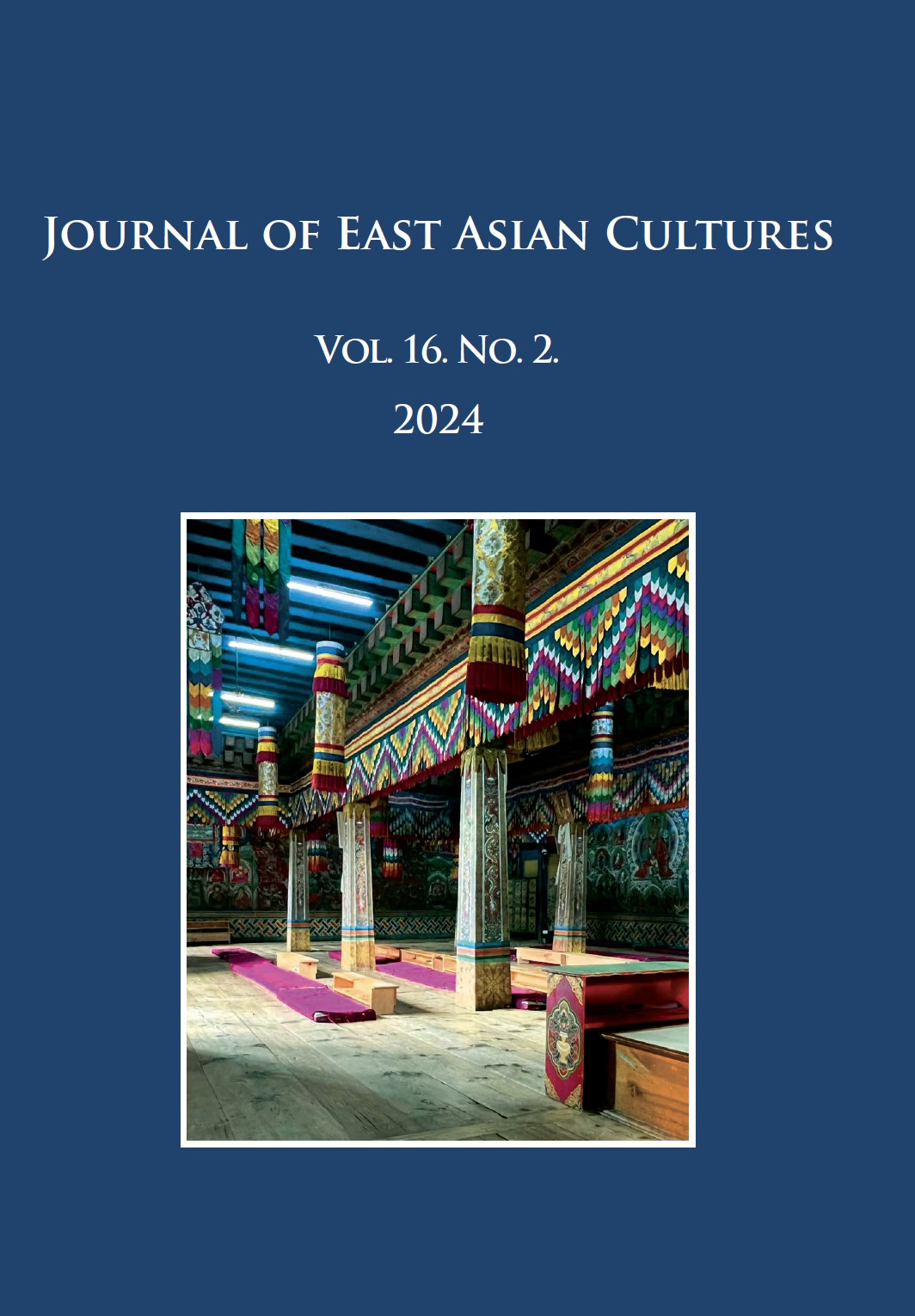Some Cases of Official Corruption in the Yuan Dynasty Based on Chinese Sources
Some Cases of Official Corruption in the Yuan Dynasty Based on Chinese Sources
Author(s): Tatiana FrankSubject(s): 13th to 14th Centuries
Published by: Eötvös Loránd Tudományegyetem
Keywords: Yuan dynasty; corruption; moral decline; Ahmad Fanakati; Sangha; Kublai Khan; Yuanshi; semu
Summary/Abstract: During the reign of the Yuan dynasty (1279–1368) in China, corruption played a significant role and had a serious impact on the stability of government and social life of the conquered. Corruption was widespread at all levels of administration, including among senior officials, high-ranking officials, and local authorities. This included both Mongol rulers and representatives of the semu, who were the core elements of the officialdom. Corruption exacerbated poverty among ordinary people, as funds allocated for public needs were often redirected to benefit corrupt officials, eroding public trust in the government and the legitimacy of authority. Such a phenomenon heightened anti-government sentiment and served as the main catalyst for social unrest and uprisings. Moreover, corruption resulted in the appointment and promotion of officials not based on their qualifications but rather on personal connections and bribes. This diminished the efficiency of governance, as it did not always ensure that the most qualified individuals occupied key positions. This article offers insight into the phenomenon of corruption during the Yuan dynasty. The author explores the unprecedented level of corruption among officials and its impact on the living conditions of ordinary people in China. The article delves into a considerable number of instances of high-ranking officials’ malpractice taken from primary materials, providing a detailed analysis. This approach allows readers to gain an understanding of the social situation during Mongol rule in China and the role that corruption played in the overthrow of the Yuan dynasty. Social crisis was mostly caused by the employment of dishonest officials and the absence of the representative of the Chinese literati at the officialdom. It is worth mentioning that Kublai Khan (r. 1260–1294) managed to unite the vast expanses of China due to the assistance of Confucian scholars who served him as valuable allies in propagating Chinese values, traditions, as well vital elements of the civil administration.
Journal: Távol-keleti Tanulmányok
- Issue Year: 16/2024
- Issue No: 2
- Page Range: 31-55
- Page Count: 25
- Language: English

